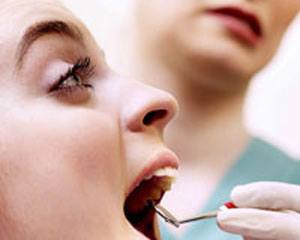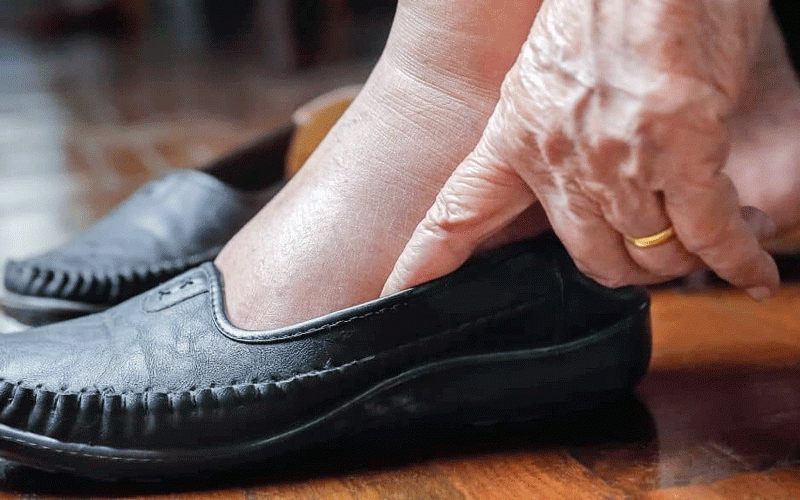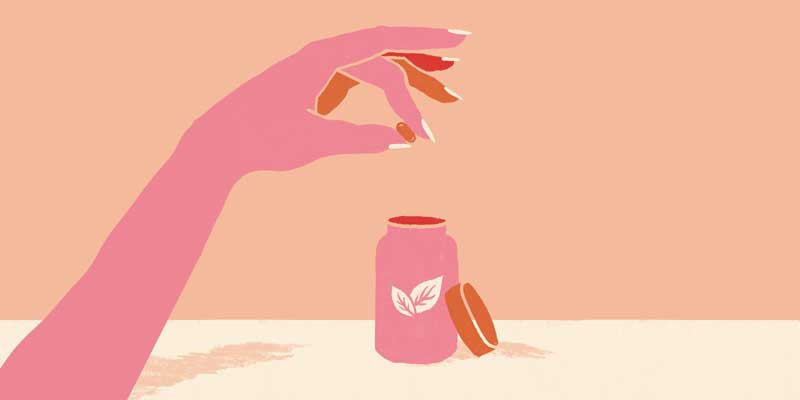
Bad breath is more common than people think here in Zimbabwe. I think people are ignorant of its causes and the measures to be taken in order to control it.
Grooming with Heather R
We tend to think that merely brushing our teeth will sort out the halitosis we may be suffering from, but it will not suffice.
Sometimes you can come back from an oral check up and still have breath that totally smells. So what could be wrong with your breath?
I asked Dr Mandy Dlamini (MD), who is a dental practitioner and a public health specialist, a few questions that may help us understand and tackle this bad breath problem.
HR: What is a basic oral routine we should all adopt and its importance? MD: For good oral health, one needs to do the following:
1.Brush their teeth and gums two times a day for two-three minutes using a relatively new toothbrush and an approved fluoride toothpaste. Your dentist can show you the most ideal method of brushing your teeth. Brushing needs to be after breakfast in the morning and before going to bed at night.
2.The toothbrush needs to be changed every three months, if it is older than that, it is no longer effective in cleaning.
- Chamisa under fire over US$120K donation
- Mavhunga puts DeMbare into Chibuku quarterfinals
- Pension funds bet on Cabora Bassa oilfields
- Councils defy govt fire tender directive
Keep Reading
3.Tongue scraping after brushing helps remove debris embedded in the tongue. Tongue scrapers are available at some pharmacies. If one does not have a tongue scraper, brushing the tongue with the toothbrush is sufficient although a tongue scraper is the best.
4.Flossing at least three times a week to remove plaque and food debris in between the teeth and on the gum between the teeth.
5.Use of a mouthwash is recommended each time you brush your teeth. However, alcohol-based and prescription- based mouthwashes should be used for short periods only, as recommended by your dentist.
Mouthwashes are not a substitute for brushing and flossing.
6.Visit your dentist twice a year for check ups. If you maintain the frequency of these checkups, the dentist can stop certain problems when they are still reversible.
HR: What are symptoms of conditions that result in bad breath that you may have? MD: One can have several conditions in the mouth which can have various symptoms; the list is extremely long, so I will only mention the common ones: l Throbbing pain normally associated with one side of the tooth or jaw and can cause a headache – caused by tooth decay. l A generalised pain in the mouth often caused by gum disease. l Bleeding gums caused by a gum infection. l A sore on the gum — gum ulcer. HR: What are the main causes of bad breath? MD: Bad breath or halitosis can be caused by any of the following: l Local factors within the mouth l Certain ingested foods or drinks or medications l Some underlying disease or disorder Local factors in the mouth causing bad breath include: Food remaining stuck on the tongue, teeth or gums after eating Coated/white tongue Gum disease/ gingivitis False teeth that have not been cleaned well Smoking Healing of extraction wounds A rotten tooth l A dry mouth or xerostomia where the flow of saliva decreases in the mouth due to carious causes An abscess in the mouth (may or may not be associated with the tooth) An ulcer on the tongue or other tissues in the mouth Post-nasal drip due to odour caused by bacteria causing sinus infection, head cold or allergies producing more mucous which trickles down the back of your throat Certain ingested foods or drinks or medications Certain foods and drinks with heavy odours like garlic, chili, alcohol are excreted through the lungs and breathed out causing a breath with the odour of that food or drink that was ingested











